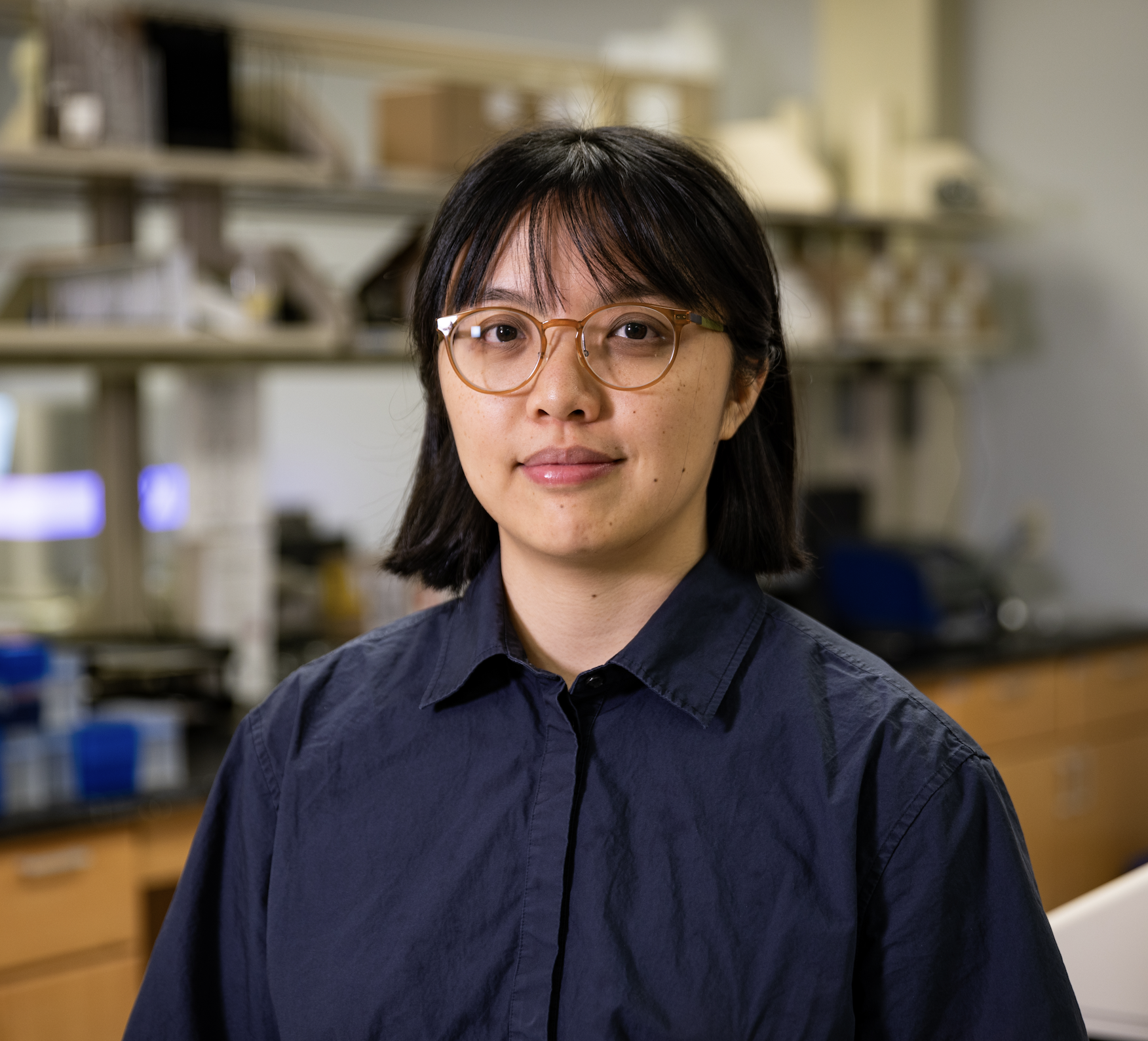Fu Lab

Yusi Fu, PhD
Fu Lab Research Areas
The Fu Lab is pioneering high-throughput single-cell genomic technologies to address critical challenges in cancer research, aging, and translational genomics. By integrating bioinformatics, multi-omics data analysis, and advanced single-cell techniques, we explore complex biological systems at a resolution that uncovers novel insights into disease mechanisms and progression.
Cancer Research and Diagnostics
We focus on unraveling the molecular mechanisms driving cancer evolution, particularly in endometrial and esophageal cancers. Utilizing single-cell multi-omics analyses, we aim to:
· Develop Early Detection Biomarkers: Identifying key molecular signatures and genomic changes to enable early cancer detection and precision treatment.
· Innovate Liquid Biopsy Techniques: Utilizing non-invasive liquid biopsy for early detection of endometrial cancer by identifying specific cell types and molecular signatures correlated with cancer risk.
· Understand Copy Number Alterations: Exploring how copy number alterations (CNAs) form and impact gene expression during cancer progression to identify biomarkers for cancer staging and prognosis.
Aging and Neurodegeneration
Our lab investigates the genetic and molecular basis of aging and its relationship with neurodegenerative diseases such as Alzheimer's. Using C. elegans as a model system, we are:
· Developing an "Aging Atlas": Revealing tissue-specific aging mechanisms and pro-longevity strategies.
· Uncovering Protective Mechanisms: Identifying pathways that can slow or reverse neurodegeneration, offering potential therapeutic targets for age-related diseases.
Single-Cell Multi-Omics Technology Development
We are at the forefront of creating and refining single-cell multi-omics technologies to study complex biological processes with unprecedented accuracy:
· Innovative Sequencing Methods: Developing techniques like the SHERRY method for full-length RNA sequencing and Tasc-WGS for whole-genome sequencing.
· Mapping Cellular Heterogeneity: Studying transcriptomic and genomic alterations within individual cells to understand the heterogeneity in cancer and aging-related processes.
· Advancing Translational Genomics: Building tools that can be directly applied to develop novel diagnostic and therapeutic strategies in clinical practice.
Through our cutting-edge research, we strive to advance the scientific understanding of cancer and aging while developing innovative diagnostic tools and therapeutic strategies that can be translated into clinical applications.
